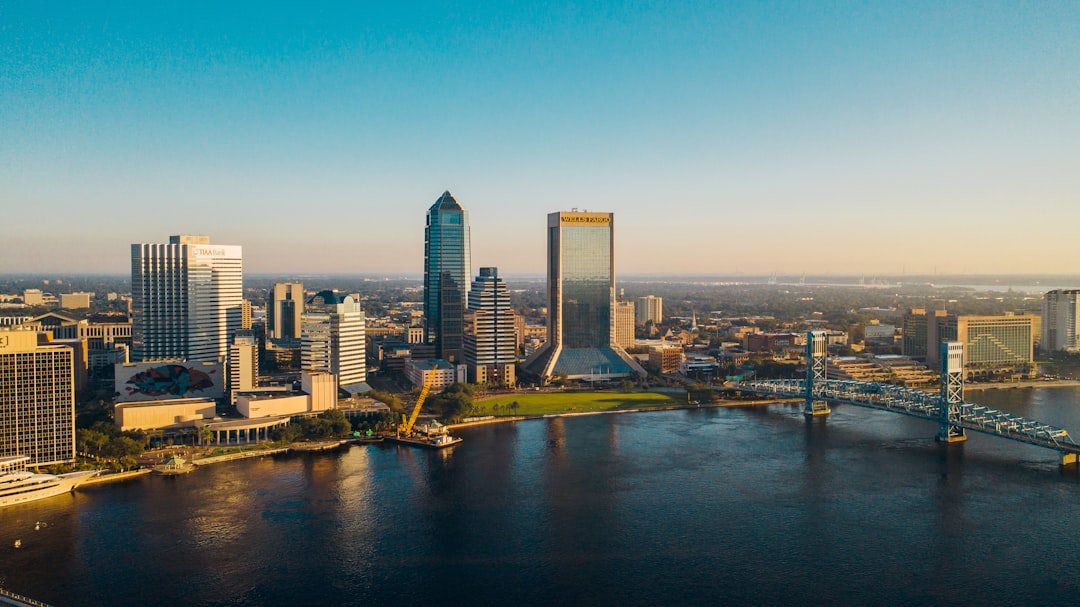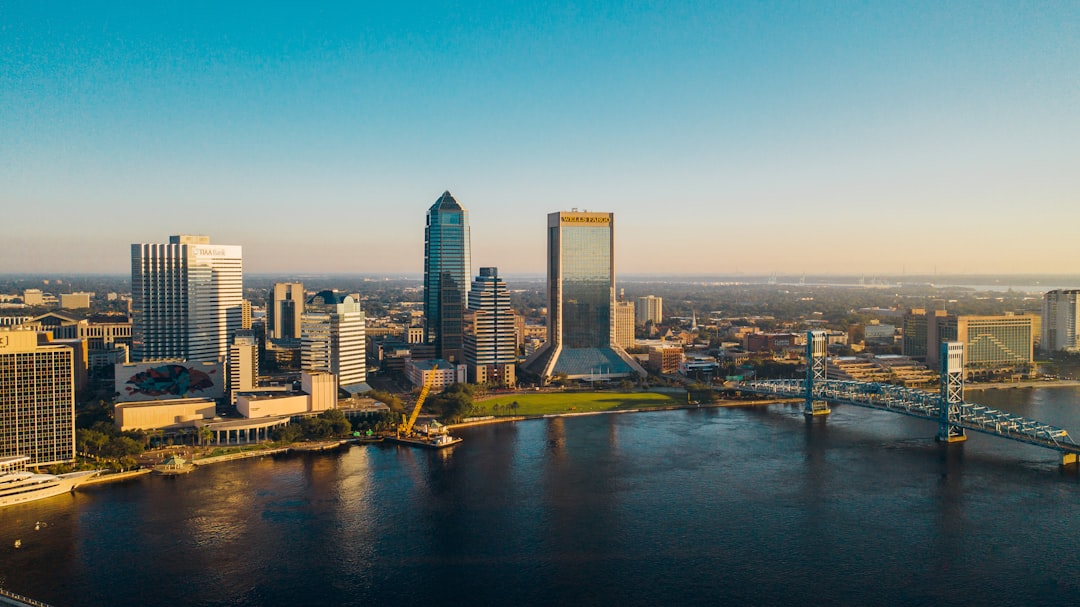In Florida, virtual reality (VR) is transforming rape law firms by offering immersive 3D environments to present evidence and testimonies in sexual assault cases, enhancing jurors' understanding. However, ensuring the accuracy and admissibility of VR evidence poses challenges. Florida courts are establishing guidelines for VR use, marking a significant development in criminal justice as rape law firms navigate this digital evolution, particularly in terms of digital forensics and advocacy for victims' rights.
“In the digital age, virtual reality (VR) has emerged as a powerful tool, but its potential dark side is explored in this article. With VR experiences becoming increasingly realistic, Florida takes a bold step forward by updating its rape laws to include digital evidence from virtual settings. This new frontier raises crucial questions about how sexual assault cases are handled and the implications for victims’ rights. We delve into the impact of VR on legal proceedings, considering both the benefits and challenges this technology presents to the justice system.”
Understanding Virtual Reality and Its Impact on Sexual Assault Cases

Virtual Reality (VR) technology has emerged as a powerful tool, reshaping various industries, including legal proceedings. As Florida adapts to this digital evolution, understanding VR’s impact on sexual assault cases is paramount for rape law firms in the state. With VR, evidence and testimonies can be presented in immersive 3D environments, offering a new perspective on events. This technology allows jurors to experience scenarios firsthand, potentially enhancing their comprehension of complex cases.
However, it also presents unique challenges. As VR content can be highly realistic, ensuring the accuracy and admissibility of virtual evidence is crucial. Rape law firms in Florida must navigate this uncharted territory, exploring how VR can strengthen their cases while adhering to legal standards. The state’s courts are now tasked with establishing guidelines for the use of VR in sexual assault trials, marking a new frontier in criminal justice.
Florida's Novel Approach: Updating Rape Law to Include Digital Evidence

In response to evolving digital landscapes, Florida has taken a novel approach by updating its rape laws to include digital evidence from virtual reality (VR) experiences in sexual assault cases. This progressive move acknowledges the potential for VR content to serve as incriminating or exculpatory evidence, shaping the legal fight against rape and other sexual crimes. With the rise of VR technology, Florida’s new legislation recognizes the need to adapt traditional legal frameworks to address digital scenarios that were previously unimagined.
A rape law firm in Florida, equipped with experts in digital forensics, can now assist victims and defendants alike by examining and interpreting VR data. This includes analyzing patterns of behavior within virtual environments, user interactions, and even the creation of immersive narratives that may provide insights into alleged incidents. Such innovative legal strategies ensure that justice is served in the digital age, offering a more comprehensive understanding of criminal activities and their implications.
Implications for Victims and Justice System

The emergence of virtual reality (VR) technology presents unique challenges for both victims of sexual assault and the justice system in Florida, marking a new frontier in this sensitive area of law. For survivors, reliving traumatic experiences through VR simulations could offer therapeutic benefits, allowing them to confront their assailants in a controlled environment. However, it also raises ethical concerns; the potential for re-traumatization and the need for robust safeguards must be addressed to ensure victim safety.
The justice system faces its own set of complexities. VR evidence could enhance criminal investigations, providing immersive insights into crime scenes. Yet, it may also introduce legal hurdles, such as admissibility issues and the requirement for specialized expertise to interpret and present VR data in court. As Florida’s rape law firm navigates this evolving landscape, staying abreast of technological advancements and their implications will be crucial to effectively advocating for victims’ rights and ensuring a fair justice process.
The Future of VR Evidence in Criminal Proceedings: Pros, Cons, and Challenges

The integration of Virtual Reality (VR) technology into criminal proceedings offers a promising yet complex landscape for evidence presentation, especially in cases involving sexual assault. One of the primary advantages is its ability to recreate and present immersive experiences, allowing jurors or judges to view scenes that might be difficult to replicate in real life. For instance, a VR reconstruction could vividly demonstrate an assault scene, providing a more comprehensive understanding of the event, which can be invaluable for rape law firms in Florida. This technology may enhance witness testimony and help establish facts, potentially leading to quicker resolutions and more accurate verdicts.
However, challenges abound. Admissibility and authenticity of VR evidence are significant concerns. Ensuring the integrity of digital environments and preventing manipulation or alterations is crucial to maintaining the fairness of trials. Moreover, cost and accessibility issues must be addressed, as not all legal institutions or defense teams can readily adopt this technology. Balancing these factors will determine how VR evidence shapes future rape cases in Florida, emphasizing the need for updated rape law firm strategies.






